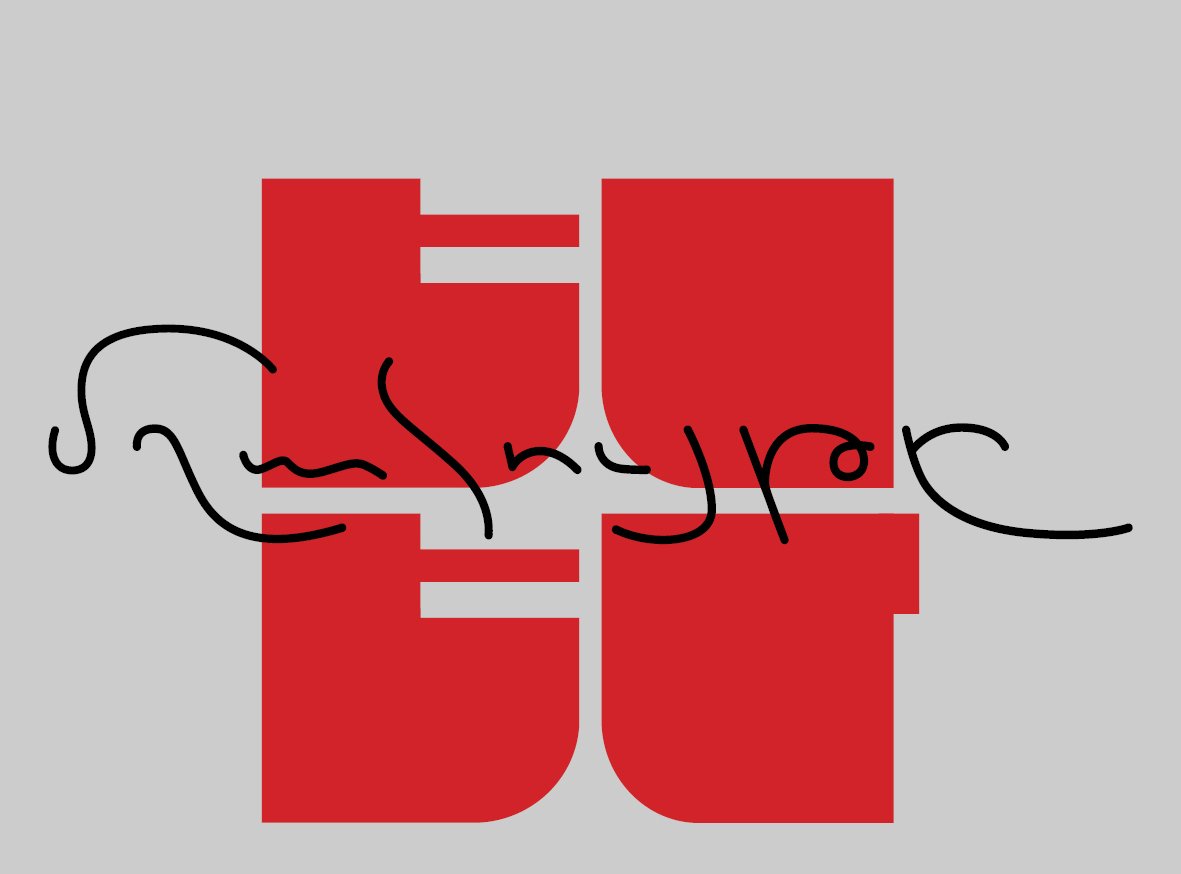Conversations with graduate or beginner journalists result in examples of job interviews in the media sector, which on one hand is worrying, and on the other hand best illustrated editorial strategic stereotypes of the media and the cynical priorities on the media’s agenda.
A graduate from the Faculty of Journalism, or a journalist who is just beginning to put their foot in the door, goes to a job interview where the following conditional dialogue takes place between the journalistic media-lieutenant editor and the frightened soldier:
– Deary, can you cover the government session?
– I don’t know.
– And the National Assembly?
– Well, I don’t know.
– Economic analysis
– Hmmm…
– OK well, if that’s how it is, how about you write about culture.
In fact, this trend once again provokes alarming conclusions.
First of all, it turns out that culture is the easiest to cover, and secondly, its demand is the least, although in a deep sense, culture is everything, both show business and the National Assembly, and Shamshyan’s chronicles. But this is a separate subject matter.
Let’s return to the priorities of the media agenda.
There is an academic truth in journalism whose philosophical formulation is as follows, the reader is most interested in their own death.
More precisely, they are interested in what is directly related to their life, political decisions, social change, inflation, consumer basket, elections, revolution, transportation, etc.
In this preference scale, culture is a secondary echelon, as it is viewed exclusively in the context of art, and in its turn, art is viewed as entertainment or a presentation, so it does not say anything about the current existence of the reader and actual issues pertaining to them.
This is, unfortunately, an artistic and cultural problem in Armenia, as said in media-speak, it is an issue of both of information opportunity and occasional coverage.
For example, very recently in London, King Lear was staged for the 1000th time and for the 100th time, Lear was played by Sir Ian McKellen. It may seem more archaic and conservative, but the old Shakespeare has been staged in such a unique way, that every British viewer understands that on the stage, Shakespeare’s text is speaking about Brexit, that is, about Britain today.
And you better believe, that even if any anachronistic director staged King Lear without the hidden context of Brexit, then a British cultural journalist would create such a parallel to bridge the story with the present.
As a rule, the cultural events taking place in Armenia already have little to do with current life, so the vector if its coverage also go past the consumer’s “actual interval,” although the occasional occurrence does not justify the same coverage, as any event, process or art sample ought to be presented in the context of the present.
Only in this case, coverage will give an informal, but content-based result, and news will become news, and news, therefore, will have an effect.
After all, the media (at least in the spiritual sense) is a substation that is a transmitter.
Not a cosmetic packaging description, but a pivotal force, the transmission of deep impulses.
Perhaps then a revolutionary dialogue will take place among Armenian editors, where unsuccessful beginner journalist who could not cover the modernized broad sphere of culture will reach the final department of the National Assembly.
Karen Avedisyan







